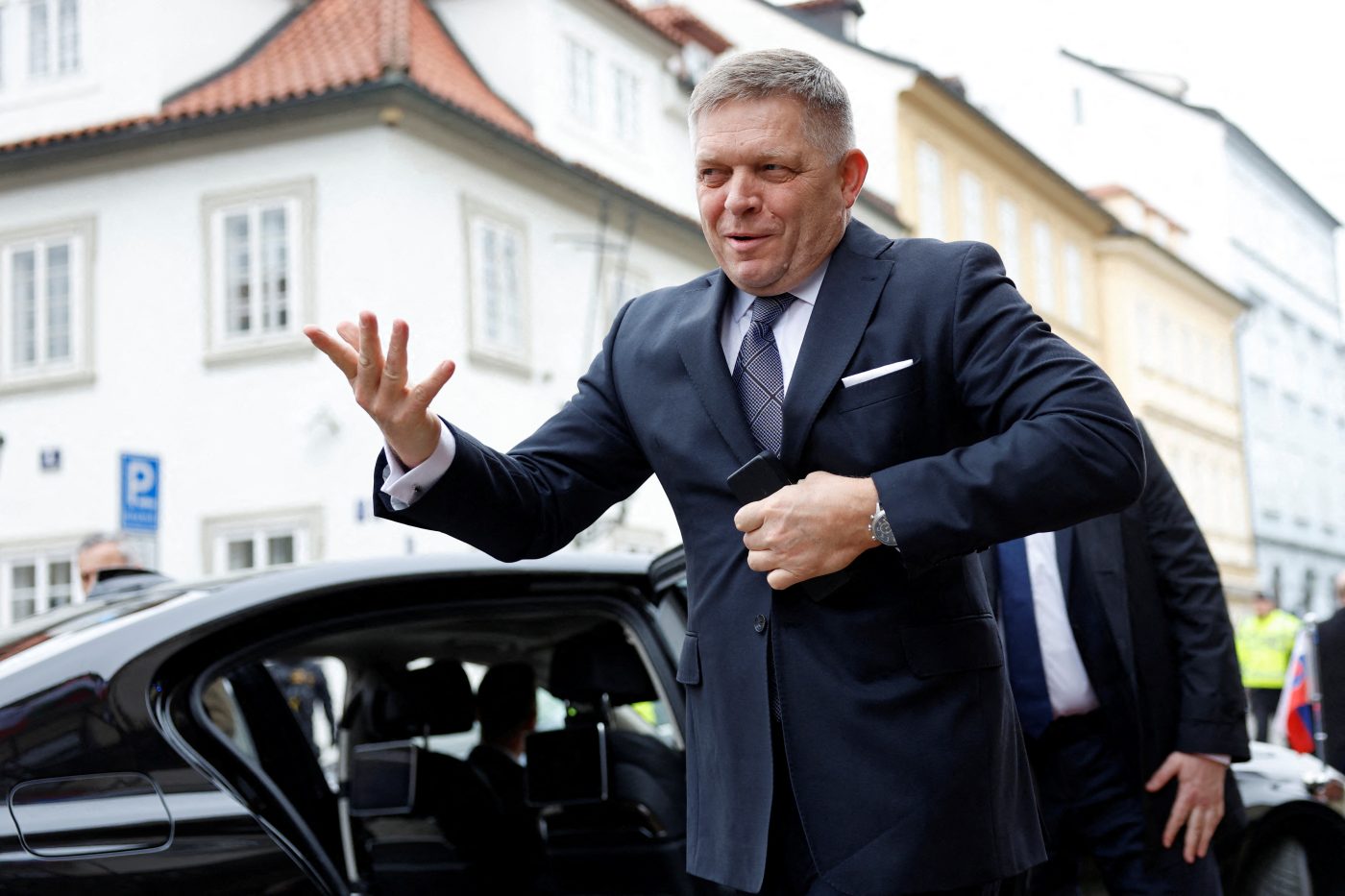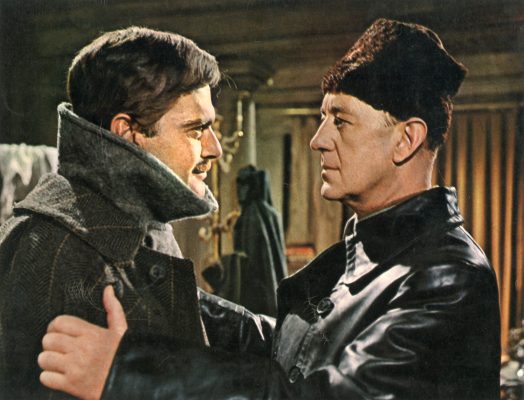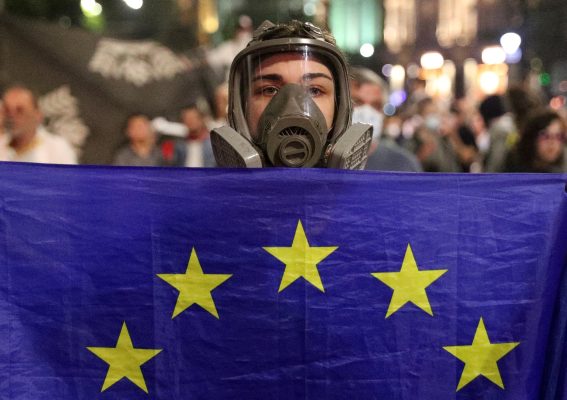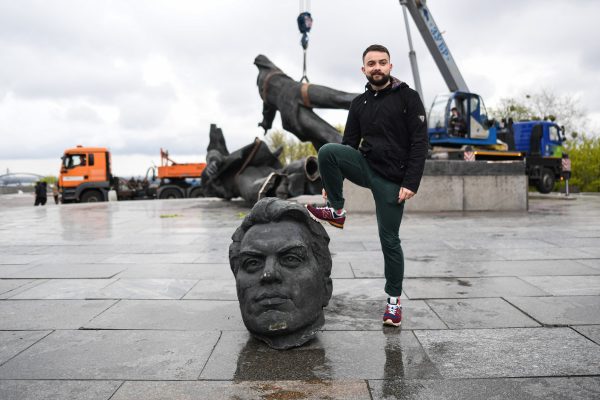When Robert Fico won Slovakia’s election last year, there was little doubt his first foreign visit as prime minister would take him to Prague. Ever since the breakup of Czechoslovakia in 1992, the countries have maintained close political ties, cemented by these ritual inaugural visits. But while Fico upheld the tradition, the mood was remarkably sour.
Disgruntled sources close to the Czech government told the media that when planning his visit, Fico unilaterally set a date that did not work for the president or the chairs of either chamber of parliament.
Instead, he planned to meet only Prime Minister Petr Fiala, filling the rest of his November itinerary with calls on ex-Presidents Václav Klaus and Miloš Zeman. The pair, who can both reasonably be called illiberal, were successors to the famous Czech dissident and liberal leader, Václav Havel, who disliked both. The Slovak leader also met ex-prime minister and current opposition leader, Andrej Babiš.
Contrary to common practice, all three had supported Fico in the Slovak elections. Reportedly, Fico’s breach of diplomatic protocol so angered President Petr Pavel that he considered canceling the visit and was only persuaded not to by his outgoing Slovak counterpart, Zuzana Čaputová.
The current Czech and Slovak governments are at odds on a number of issues. Following his election, Fico suspended all direct military aid to Ukraine, which had been one of his major campaign promises (although he quietly allowed lucrative arms contracts for Ukraine at Slovak factories.) A well-known sympathizer with Vladimir Putin’s Russia, he still managed to shock his counterparts in Prague by declaring that Putin was being “falsely demonized” by the West and by blaming his all-out invasion on Ukrainian neo-Nazis.
Fico has also dismantled the Special Prosecutor’s Office and lowered penalties for corruption, as well as endorsing a complete overhaul of the state broadcaster that will allow the government and its allies to appoint the board and director general. Critics say it flies in the face of new European Union (EU) media freedom legislation.
The contrast with Prague’s current leadership could not be starker. The Czech Republic has been one of Ukraine’s most vocal supporters, and President Pavel, a former senior NATO officer, recently led a fundraising initiative to buy arms from third countries to give Kyiv.
When it comes to national politics, the Fiala government has been trying to strengthen conflict of interest laws and reverse former Prime Minister Babiš’s attempts to hold a commanding position in both the private and public media.
Disputes between neighbors are commonplace and ought not to cause problems, given a reasonable amount of goodwill. This now seems to be missing.
Fico’s efforts to build bridges with opposition voices in the Czech Republic might reasonably be seen as hostile to its current government. During his next visit to Prague, for February’s Visegrád Four (V4) prime ministerial summit, Fico jointly called on ex-president Zeman along with Hungarian Prime Minister Viktor Orbán.
Zeman, of course, is well known for his sympathy for Russia, his antipathy towards the free press, and his equanimity in the face of the corruption scandals of the Babiš government. Orbán also met Klaus, an outspoken Eurosceptic, climate-change denier, and longtime critic of civil society who once called journalists “the enemies of humanity.” Fico also scheduled a separate meeting with Klaus for the following month.
Meanwhile, the only V4 leader to meet President Pavel was Poland’s liberal Prime Minister Donald Tusk, with Czech media dubbing the new Warsaw-Prague tandem the Visegrád 2.
The Czechs have clearly had enough of Fico’s antics. In March, Fiala announced a radical move: to suspend joint sessions of the two countries’ cabinets which have been underway for 15 years. No reason was given, though the most likely cause was Slovakia’s most recent diplomatic initiative when Foreign Minister Juraj Blanár met his Russian counterpart Sergei Lavrov in Turkey.
The Czech Republic only holds joint cabinet sessions with its closest allies, including Poland, Ukraine, and Israel. It is striking and unprecedented for Slovakia to be excluded from this close circle. Fico responded to this slap in the face by accusing the Czech government of “supporting the war in Ukraine.”
Relations between the two countries — once celebrated as the “Velvet Divorce” and as a model of post-breakup federal states — are now below freezing point.
Dropping the customary veneer of impartiality, Fiala responded in kind with a meeting of his own. He received Slovak opposition leader Michal Šimečka in Prague in March, highlighting their agreement on foreign affairs issues. Even the usually measured President Pavel waded into the fray, calling Fico “a disappointment even for many Slovaks.”
On the presidential level, this month’s election of Fico ally Peter Pellegrini is likely to make things worse. His campaign, during which Pellegrini criticized Fiala’s suspension of close ties and described Pavel as pro-war, was supported by Zeman and Babiš. Still, the official Czech leadership congratulated Pellegrini on his election and Pellegrini confirmed his first state visit would be to Prague.
Fico has been less conciliatory, broadening his network of contacts in the Czech Republic to include fringe opposition figures. In April, for example, he received the activist and Covid conspiracist Jindřich Rajchl, who entered the public consciousness by grossly inflating the number of protestors at his anti-government rallies.
The reason for this flurry of activity from Central Europe’s illiberals is not hard to discern. Czechs go to the polls next year, and Babiš’s illiberal ANO movement continues to dominate the polls, with Fiala’s government coalition trailing far behind. The Hungarian and Slovak governments feel they have caught the prevailing wind, and that a new V3 of Russia-friendly administrations with a deep distrust of Western social liberalism is in the making.
If there is one silver lining for Kyiv, it is that Babiš has been less pro-Russian than his counterparts in Bratislava and Budapest. While he criticizes Fiala’s cabinet for warmongering and opposes Ukraine’s joining the EU, he has occasionally voiced support for Ukrainian resistance. That may be cold comfort; in this event, Ukraine would be left with Poland alone — and the Czech President — as friendly Central European neighbors.
Ladislav Charouz is a research assistant at the University of Oxford. He holds degrees in history and English from Yale and a master’s degree in international relations from Oxford. He has interned at CEPA, Brookings, European Values, and ICDS.
Europe’s Edge is CEPA’s online journal covering critical topics on the foreign policy docket across Europe and North America. All opinions are those of the author and do not necessarily represent the position or views of the institutions they represent or the Center for European Policy Analysis.





